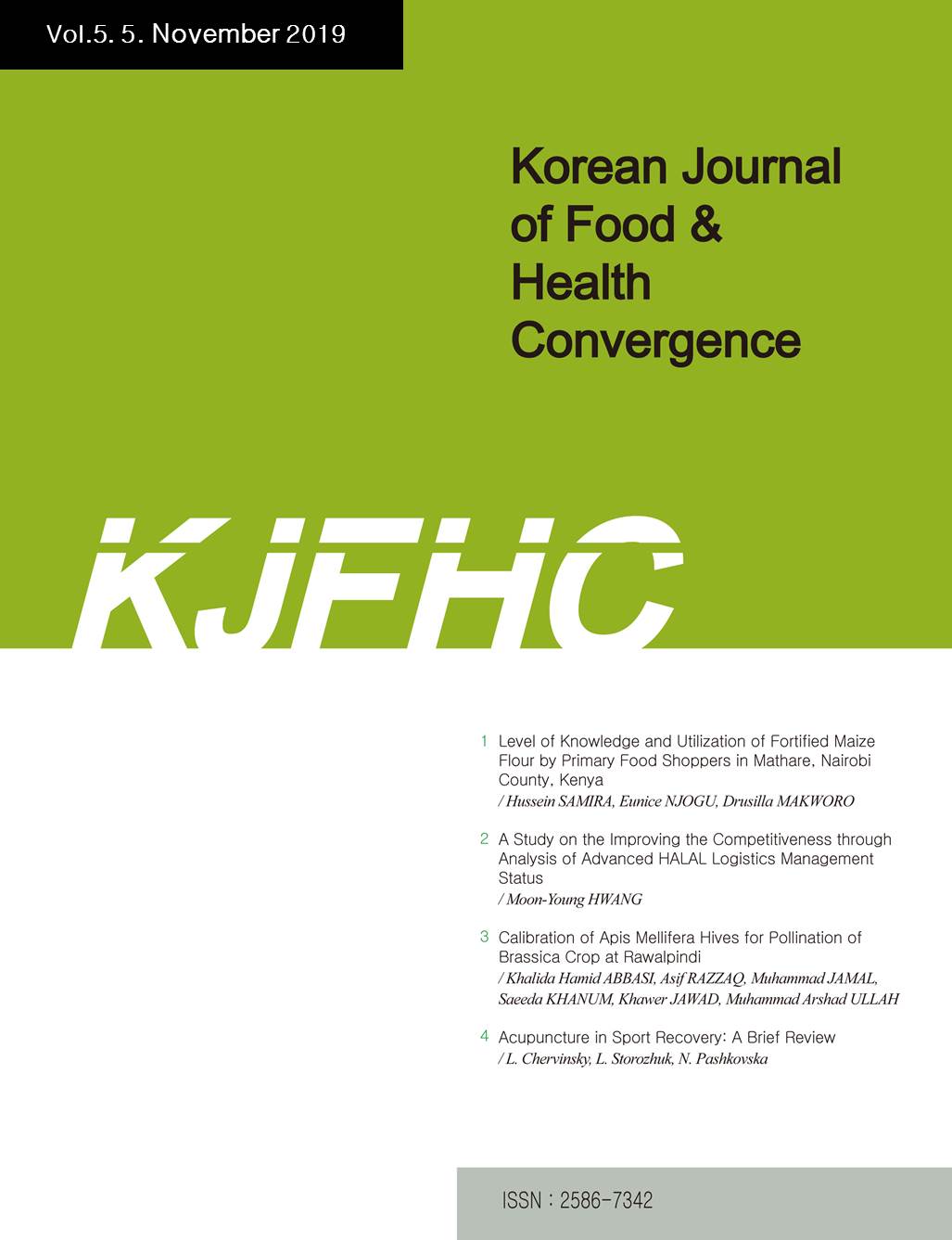 E-ISSN : 2586-7342
E-ISSN : 2586-7342
WU, Renhong
LI, Xinlong
Abstract
Purpose-Meat plays an important role in the Chinese daily diet, however, due to the spread of COVID-19, food supply and safety have become a major concern. The safety and health features of chilled fresh meat have attracted the attention of consumers. To study consumers' purchasing behavior and willingness to pay for chilled meat under the influence of the epidemic. Research methodology- The data were obtained by questionnaire survey, major issues include consumers' meat consumption habits in the wake of the COVID-19 and their awareness of meat product quality labels. In addition, the gender, age, family income, and other basic personal information of the interviewees were also counted. Based on the binary Logit regression method, we study consumers' purchasing behavior and willingness to pay for chilled meat under different demographic characteristics. Results-The results showed that brand and quality certification are important factors influencing purchases. In addition, the presence of children under the age of 12 in the household and the level of income and education also influence consumers' purchase intention of the chilled fresh meat. However, mart promotions and city ratings can significantly lower consumers' propensity to buy the chilled fresh meat. Apart from this, such factors as gender, age, and living conditions have no significant influence on consumers' purchase of chilled fresh meat.
- keywords
- Chilled fresh meat, The binary Logit regression method, Consumer purchasing behavior
- Downloaded
- Viewed
- 0KCI Citations
- 0WOS Citations
